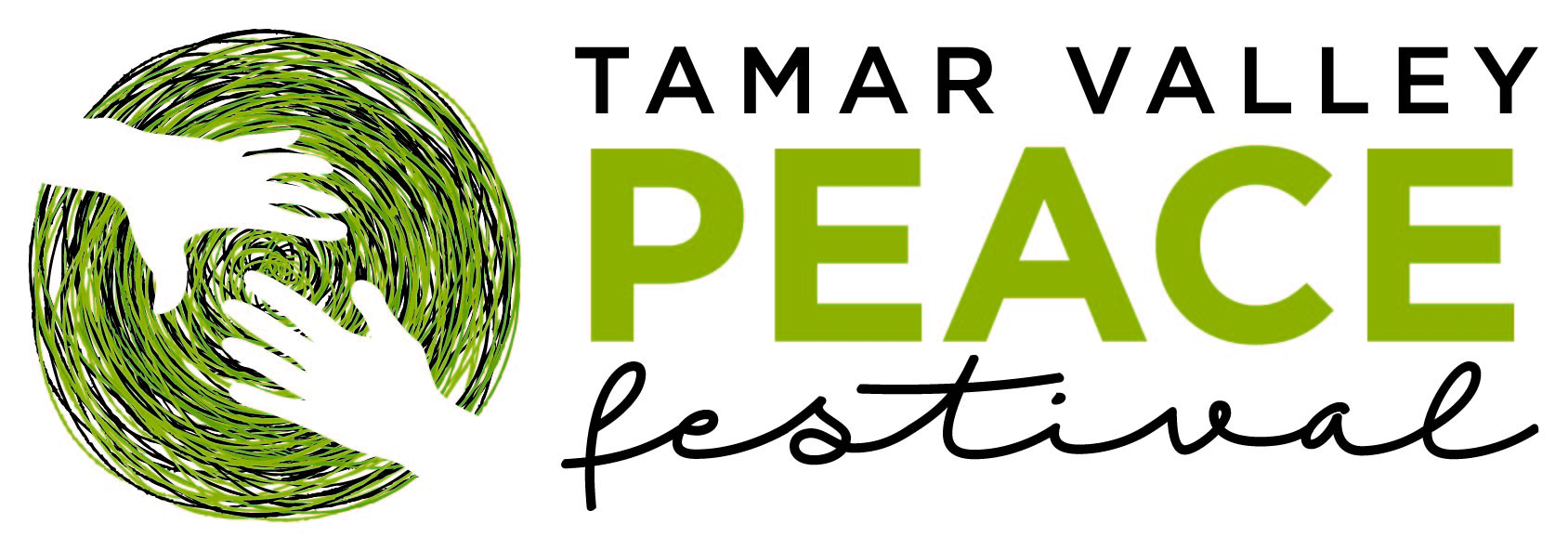Pause for Peace
Benefits in the home, in the community and globally
Panellists:
- Kym Goodes, Chief Executive Officer, TasCOSS
- Dr Kiros Hiruy, Office of the Pro-Vice Chancellor Regional Development, University of Tasmania
- Professor Michael Hess, Tasmanian School of Business and Economics, University of Tasmania
- Facilitated by David Adams, Tasmanian School of Business and Economics, University of Tasmania
The link to Kim Goodes from TasCOSS - Here
Dr Kiros Hiruy, Office of the Pro-Vice Chancellor Regional Development, University of Tasmania
Dr Kiros Hiruy
· Kiros is a Development Anthropologist with Agricultural Science and Environmental Management training.
· Kiros is Director and Senior Consultant with RDS Partners, a small Tasmanian consulting firm that specialises in social research, evaluation and project development services. Kiros is also an Adjunct Researcher at the Institute for Regional Development, UTAS.
· In the late 1990s, Kiros left his academic position as a Lecturer to support local development efforts in Northern Ethiopia. This took him on a life changing trajectory from working as Chief Training Officer for a British NGO to a development practitioner designing and managing projects. The experiences Kiros had in managing local and regional development projects provided him with an opportunity to diversify his skills from Animal Sciences to Development. In the 2000’s Kiros migrated to Kenya and later to Australia. His experience as a refugee and his work with refugees and migrants brought new opportunity and changes to the way he views development and his interest in migration and development.
· Over the years, Kiros has worked with communities, governments and non-governmental organisations in Africa, Australia, Southeast Asia and the Pacific and his experiences have spanned from international and regional development, sustainable farming and food security, training and facilitation, change management and leadership, environmental and project management, to migration and settlement.
· Kiros completed his PhD with the Institute for Regional Development on bottom-up social empowerment and inclusion in Australia.
Dot points for discussion
- Peace is often defined as the absence of conflict, violence and war. Thus the perspective on peace is often ipso facto the perspective on conflict, violence and war.
- We often say people or nations made peace when they can resolve their conflicts (including war) without violence.
- Nations and communities are supposed to be in peace when violence is not tolerated in law and practice and when people live in safety, without fear or threat of violence.
- Such a normative conception of peace shows that peace is relational. In other words, it is the expression of the relationships between people, communities and nations.
- Both at the community and global level, communities and nations are the actors of conflict, violence and war; and peace at the same time.
- When communities and nations are in harmony, the benefits are immense as peace is considered as an enabling condition to reduce crime, enhance economic development and good governance.
- Thus, some of the questions, I would like us to ponder on, both as communities and global citizens, include:
- What can we do, in our community and nation, to promote peace?
- What can we do to support cooperative communities and nations that make peace?
- Is it enough to abstain from conflict, violence and war to build peace?
- Is it possible to create shared values, opportunities for trade and aid to create conditions for peace and lessen conditions for conflict?
The link to Professor Michael Hess, Tasmanian School of Business and Economics, University of Tasmania - Here.







